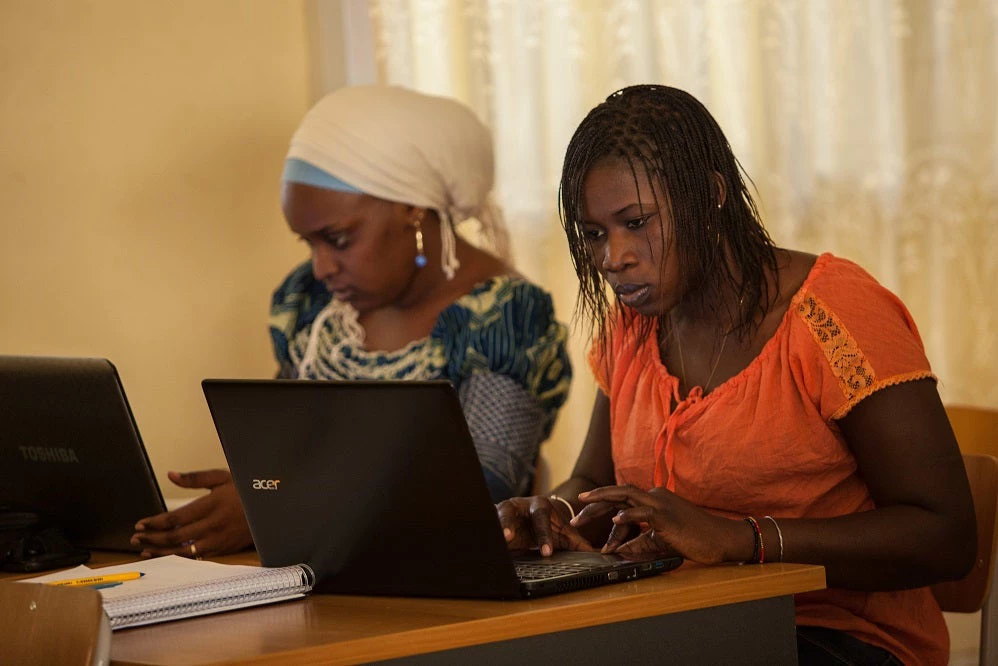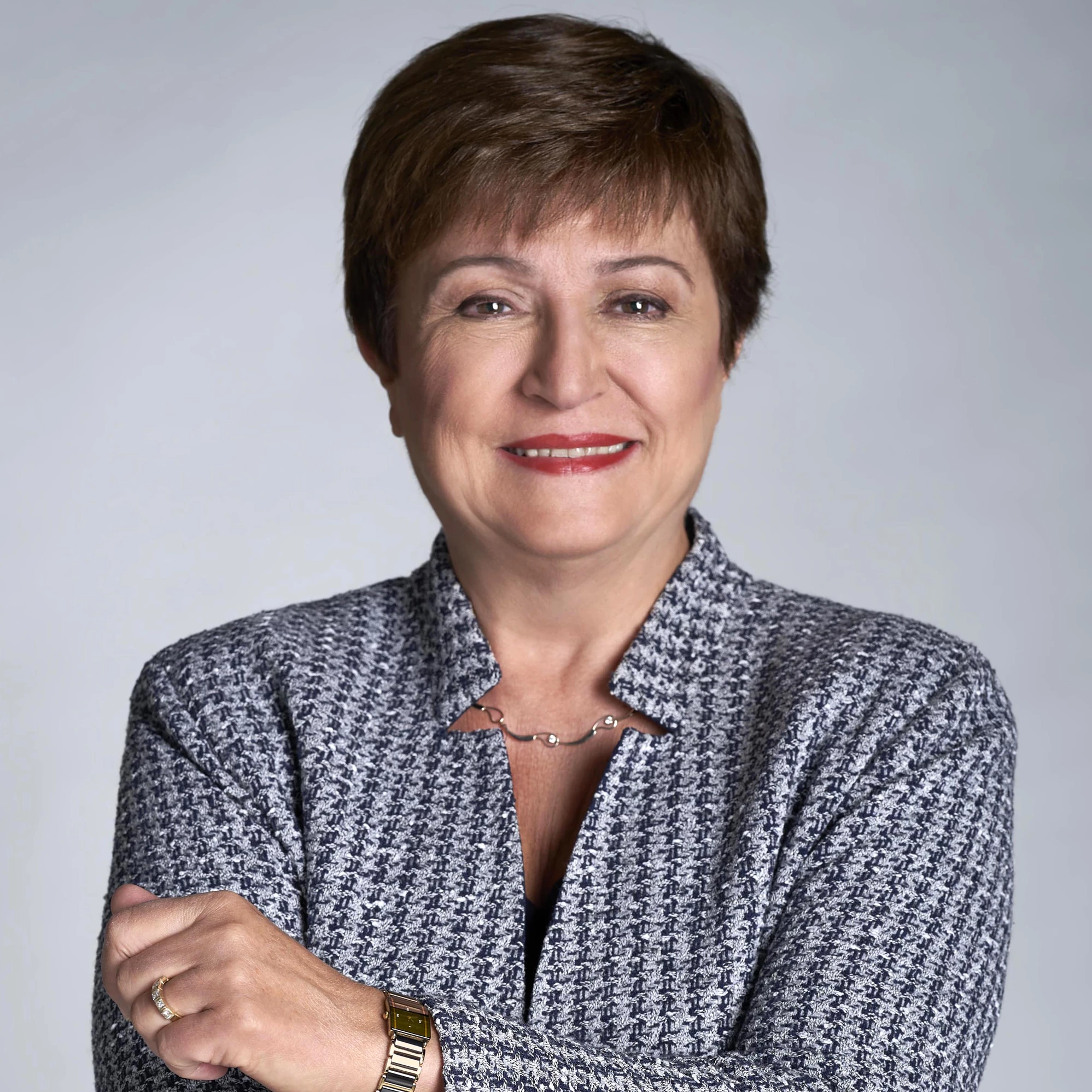
One of the encouraging signs that I pick up whenever I travel is the difference that technology is making to the lives of millions of marginalized people. In most cases it’s happening on a small, non-flashy scale in hundreds of different ways, quietly improving the opportunities that that have been denied to remote communities, women and young people for getting a foot on the ladder.
And because it is discreet and under the radar I dare as an optimist to suggest that we are at the beginning of something big – a slow tsunami of success. Let me give you some reasons why I believe this.
Aissata lives in Ganyah, a remote village in Guinea that was hit hard by the Ebola crisis. She invests part of a monthly cash transfer in a microfinance scheme with other women, which they use to grow vegetables to sell at the market. This helps to feed her children and send them to school. Aissata’s family’s life prospects have literally been transformed by technology – because without it the social registry which has opened up these possibilities would not be able to reach her.
From Guinea to Chile, Turkey, Djibouti, Pakistan and Indonesia, social registries are helping connect people to public services - social protection, health and financial inclusion - and in the process prioritizing the poorest. And the invisible technology platforms on which these registries are constructed save millions of dollars caused by pre-digital errors.
Pakistan’s social registry now includes 85 percent of the population. It serves 70 different programs and has contributed to savings of US$248 million. In South Africa a similar process saved US$157 million. In Argentina, linking 34 social program databases to unique identity numbers revealed eligibility errors, saving $143 million over eight years.
Two billion people work in the global informal economy, where so many employees lack social protection. In low-income countries social insurance is virtually non-existent and even in upper-middle income countries it reaches only 28 percent of the poorest people. Yet mobile and digital payment ecosystems are creating new opportunities.
In India innovations like the ‘unified payments interface’ are bringing the cashless economy closer to the poor. Micro-insurance platforms and ‘nudges’ are being used to incentivize people to make flexible, voluntary and cashless contributions. With government top-ups, informal workers get coverage.
75,000 girls and women in rural and remote areas of Zambia can choose how they receive digital payments through a bank, mobile wallet account or a pre-paid card. And in West Africa there is an ambitious plan to provide 100 million digital identities by 2028, with coverage including nomads, the homeless, minorities and people living in active conflict zones.
In Indonesia a ‘Family Hope’ cash transfer program has reached ten million poor households, expanding to the remotest eastern corners of the archipelago to meet human development goals. In Lebanon our partnership with the World Food Program is helping strengthen coordination with humanitarian systems and enabling food assistance via an electronic card targeting the poorest Lebanese households as well as Syrian refugee households.
As more people move into the ‘gig’ economy even in developed countries, we should consider how social protection programs might offer new opportunities for informal workers to take their benefits and services to-go, irrespective of their employer. The World Bank’s 2019 World Development Report is diving deep into this and other aspects of the future of work.
Technology is making it possible to reach excluded people, even as more aspects of the physical economy move to the virtual world. This inexorable trend cannot be resisted. It has huge potential to build on the massive strides made in recent decades towards a fairer world – but for this to happen we must get it right.
The World Bank is in the lead when working to ensure the technology that is reshaping our future delivers social inclusion for everyone, especially the people most at risk of being left behind. The proof of that is the 85% of our operations portfolio that we are committing through 92 social protection and jobs projects.


Join the Conversation